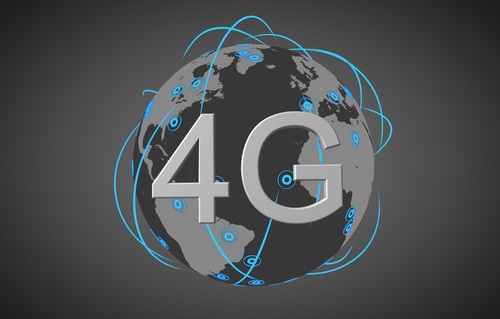Ofcom Proposes To Liberalise Sprectrum For 4G

Ofcom starts consultation after Vodafone and Three ask to use existing spectrum for 4G
Ofcom wants to allow 4G mobile services on spectrum which was originally issued for 2G and 3G, following requests from operators Vodafone and Three.
The telecoms regulator has started a public consultation in the matter, calling for the licenses on the 900MHz, 1800MHz and 2100MHz to be loosened so that operators can use them for 4G. Ofcom has a policy that new spectrum licences should be issued on a “technology neutral” basis, so it is up to the licence owner to choose what technology makes sense (within reason) but the majority of licences were tied to a specific technology when they were issued.
EE was granted permission by Ofcom to roll out 4G services on its 1800MHz spectrum in March, ahead of the perpetually-delayed auction of spectrum which is finally underway. The decision infuriated EE’s rivals who argued that it would distort competition and apparently considered legal action.
Ofcom spectrum liberalisation
 Peace talks between Ofcom and the operators prevented the threat of litigation further delaying the advent of 4G in the UK and the auction was brought forward by five months.
Peace talks between Ofcom and the operators prevented the threat of litigation further delaying the advent of 4G in the UK and the auction was brought forward by five months.
Ofcom said that spectrum liberalisation would “align the permitted technologies across all mobile spectrum licences, including the existing licences at 900 MHz, 1800 MHz and 2100 MHz and the licences to be awarded by auction in the 800 MHz and 2.6 GHz bands.”
“This will meet a long standing objective to liberalise all mobile licences so that there are no regulatory barriers to the deployment of the latest available mobile technology,” added the watchdog. “We propose to implement these proposals by varying the 900 MHz, 1800 MHz and 2100 MHz licences in those cases where licence variation requests have been received, and seek licensee consent to the equivalent variations where the licensees have not yet made such a request.”
Three, Vodafone and O2 intend to launch LTE services later this year, based on spectrum they hope to win in the 4G auction. While liberalisation would improve their options, analysts have suggested that Ofcom’s proposals will not bring this date forward.
“Despite operators being able to deploy 4G services in these bands previously restricted to 2G and 3G technologies, most are unlikely to do so in the short term,” commented Matthew Howett, telecoms regulation analyst at Ovum. “They would first need to be cleared of their existing use through a process of refarming that would probably takes years rather than months, and so the spectrum that is currently being auctioned by Ofcom will most likely be used for Vodafone, O2 and Three’s initial deployment of 4G services.”
How much do you know about smartphones? Take our quiz!